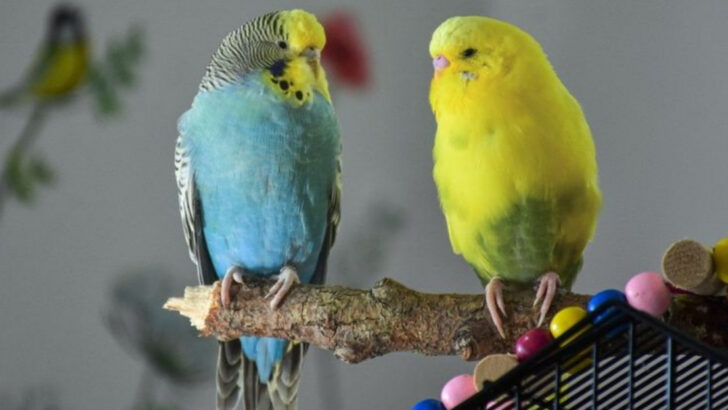Feathers will fly—unless you play your cards right.
Living with one bird is magical. Living with multiple birds? That’s a high-stakes juggling act of squawks, jealousy, and beak-to-beak drama.
Parrots can form alliances. Budgies hold grudges. And cockatiels? They might serenade you one second and side-eye their roommate the next.
But when the balance is right, a multi-bird home becomes a chorus of joy, mischief, and nonstop winged antics. Ready to keep the peace and the feathers unruffled? These tips are your survival guide.
Separate Feeding Zones
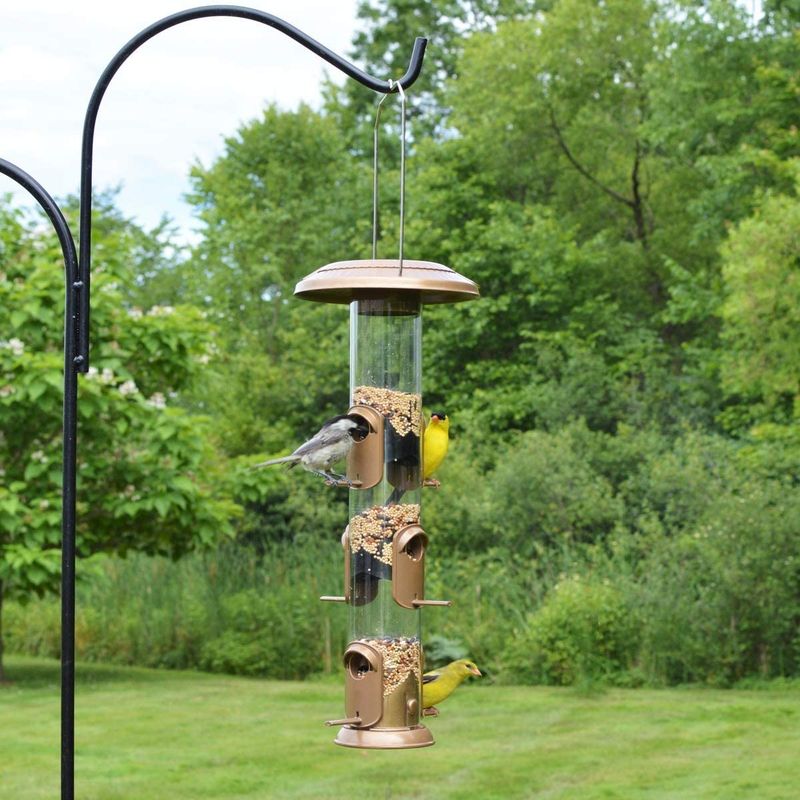
Birds are territorial when it comes to food. Providing separate feeding zones can prevent skirmishes and stress among your feathered friends. Each bird species may have specific dietary requirements, so customizing their feeding areas can cater to individual needs.
Creating distinct spaces also helps monitor each bird’s eating habits. This is essential for early detection of health issues. Placement of feeding zones should ensure easy access for all birds, avoiding any dominance disputes.
Consider height, as some birds prefer elevated feeders, while others are ground foragers. Separate feeding zones promote peace and nutritional well-being.
Diverse Perching Options
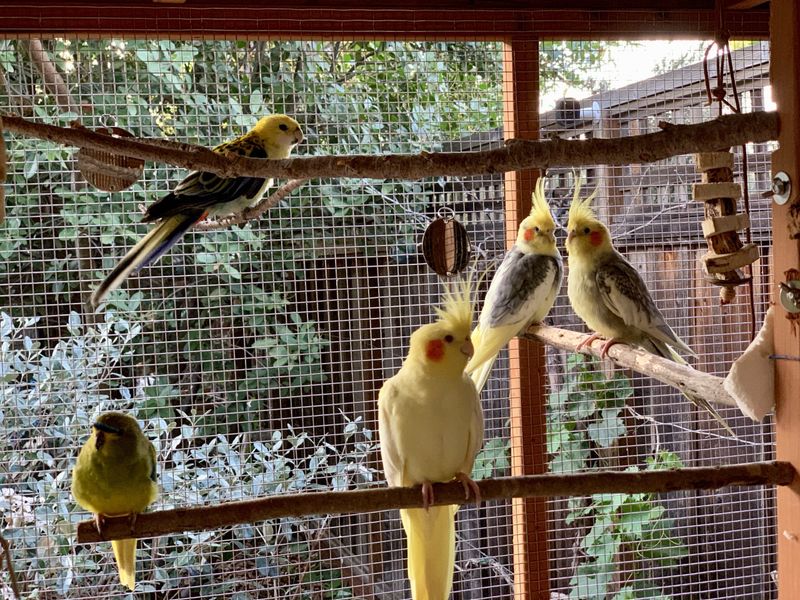
Birds enjoy variety, especially when it comes to perching. Providing diverse options keeps them entertained and supports foot health. Perches of different textures, such as wood, rope, and stone, cater to this need.
Placement is key; situate perches at varying heights to mimic natural environments. Some birds love swinging perches, while others prefer stationary ones. Offering a mix of both can satisfy different preferences.
Remember to change perches regularly to keep the environment stimulating. This fosters both mental and physical well-being in your bird family.
Interactive Toys
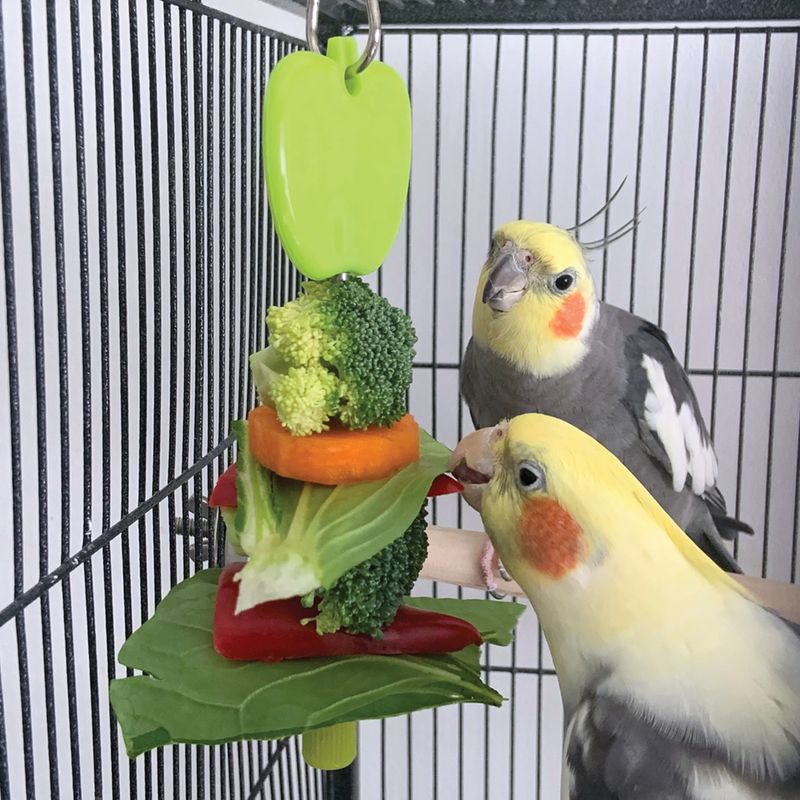
Keeping birds mentally stimulated is vital in a multi-bird household. Interactive toys can provide essential enrichment, preventing boredom and related behavioral issues. Opt for toys that challenge their intellect, like puzzles or foraging games.
Rotate toys regularly to maintain interest. This keeps their environment fresh and exciting. Birds have diverse personalities, so it’s crucial to observe which toys resonate with them individually.
Interactive play not only entertains but also strengthens the bond between birds, promoting a harmonious living situation.
Routine Health Check-ups
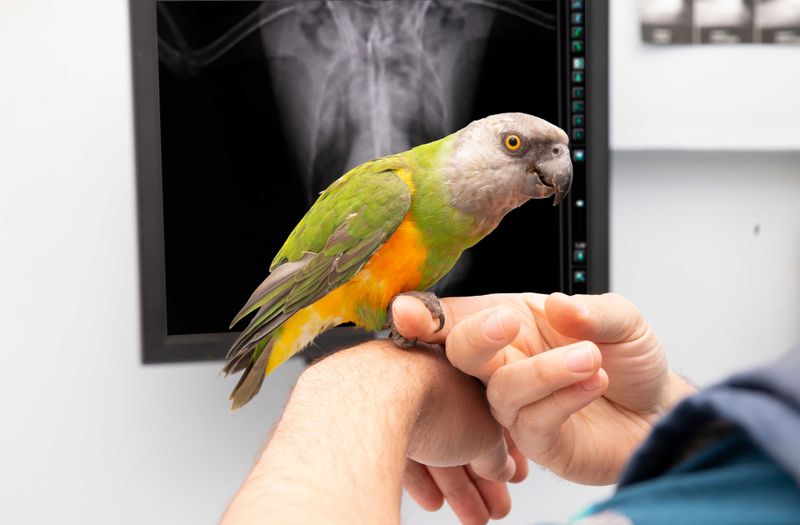
Regular health check-ups are crucial for maintaining a happy multi-bird household. Birds can mask illnesses, making it essential to have routine vet visits. A professional can spot subtle signs of disease that might go unnoticed.
Early detection of health issues ensures timely treatment and prevents the spread of contagious ailments. A consistent vet schedule promotes longevity and overall well-being.
Keep detailed records of each bird’s health to track changes over time. This proactive approach helps in maintaining a joyful and thriving bird community.
Noise Management
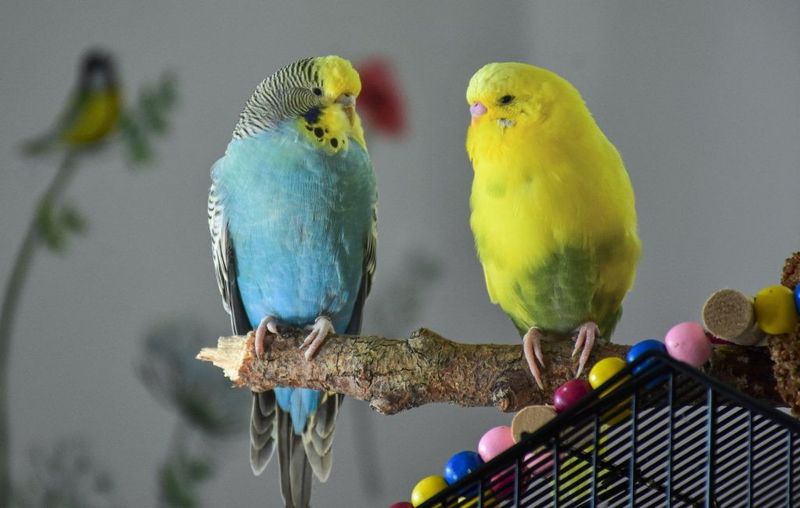
Birds can be noisy, and in a multi-bird household, this can escalate quickly. Effective noise management is key to a peaceful environment. Soundproofing walls or using heavy curtains can absorb excess noise.
Designating quiet times and establishing a routine helps birds understand when to lower their volume. This can be achieved through training and consistent practice.
Providing noise-absorbing elements and creating a calm ambiance leads to a more tranquil household for both birds and humans.
Social Interaction
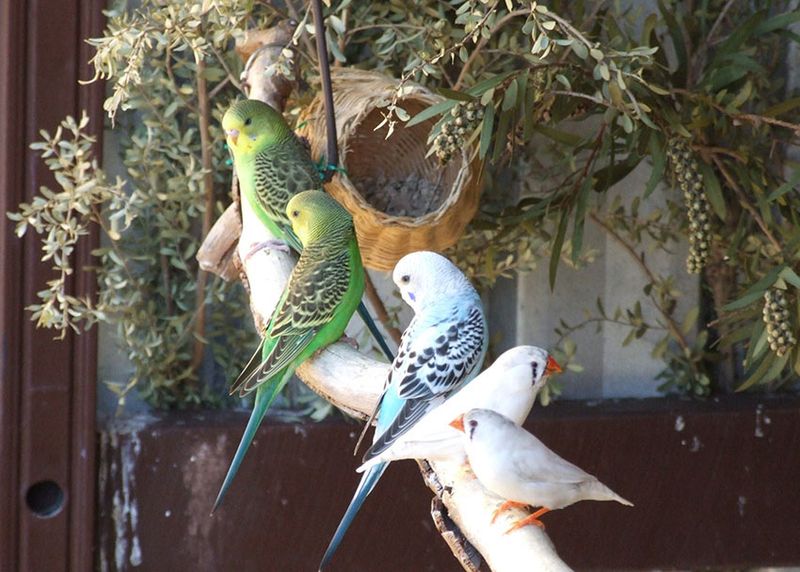
Social interaction is vital for birds, especially in a multi-bird set-up. Facilitating controlled socialization helps them bond and reduces stress. Observe their dynamics and encourage interactions through group play sessions.
Introduce new birds gradually to prevent territorial conflicts. Watch for any signs of aggression and intervene when necessary. Birds thrive in communities where they feel safe and understood.
Fostering an environment of trust and companionship leads to a happier bird household.
Balanced Diet

Providing a balanced diet is fundamental for bird health and happiness. Each species has unique nutritional needs, requiring a mix of seeds, pellets, fruits, and vegetables.
Consulting with an avian nutritionist can ensure dietary plans meet these needs. It’s crucial to avoid overfeeding and monitor weight regularly.
Offering variety keeps birds engaged during meal times, reducing the risk of selective eating. A well-rounded diet contributes to vibrant plumage and energetic behavior, enhancing the overall well-being of your feathered family.
Safe Space for Rest
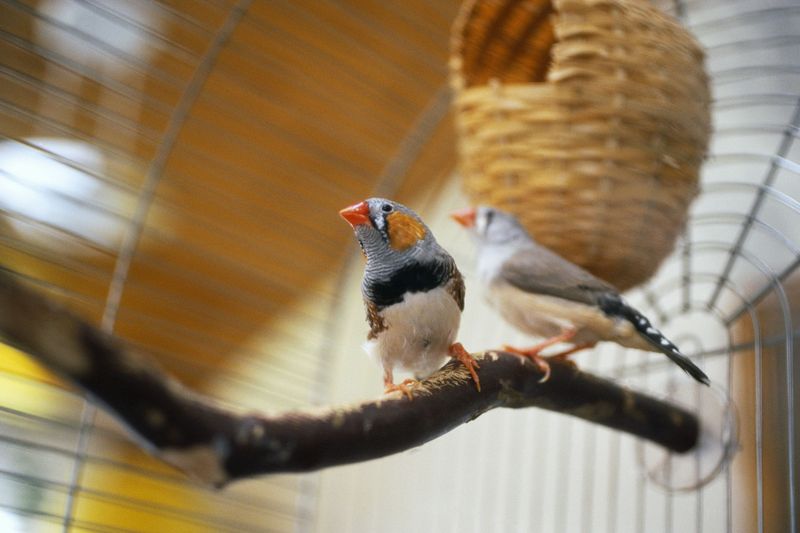
Birds need a safe and quiet space to rest. Establishing such areas ensures they can retreat when needed. This is vital for stress reduction and maintaining health.
Provide cozy bedding and nesting materials tailored to specific bird species. Dim lighting and minimal disturbances create a calming atmosphere for rest.
Maintaining a consistent sleep schedule is also beneficial for their well-being. A dedicated rest space supports a healthy and content multi-bird household.
Environmental Enrichment
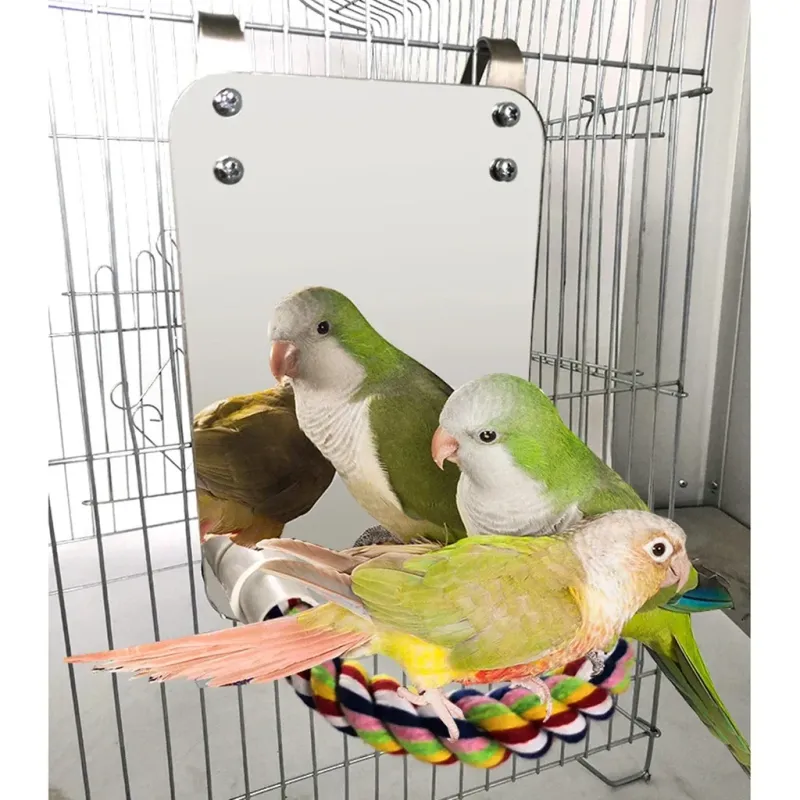
Environmental enrichment is vital for a thriving bird household. Birds are intelligent creatures that require stimulation to prevent boredom-related issues. Consider incorporating swings, mirrors, and bird-safe plants.
Change these elements periodically to keep the environment stimulating. The variety caters to their curiosity and encourages exploration.
Enrichment isn’t just about toys; it includes sensory experiences and challenges that promote mental well-being. A diverse environment leads to happier and healthier birds.
Quarantine New Arrivals
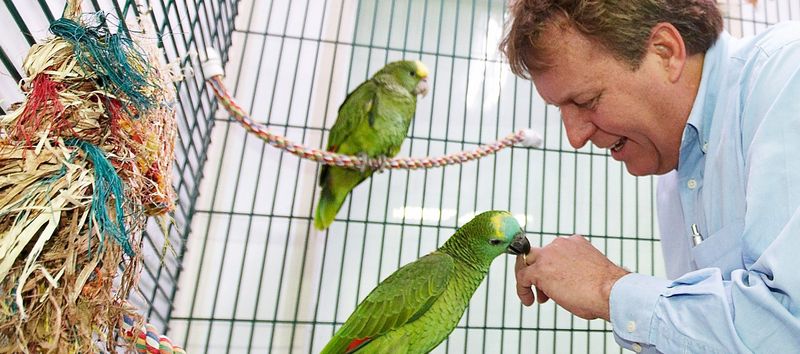
Introducing a new bird to a household requires careful management. Quarantine new arrivals to prevent potential disease spread. A separate space ensures the new bird is healthy before joining the flock.
During quarantine, monitor their health closely and consult a veterinarian if needed. This precaution protects existing birds from illness.
Once cleared, gradually introduce the new bird to the others. Quarantine is a significant step in maintaining a safe and healthy multi-bird environment.
Temperature Control
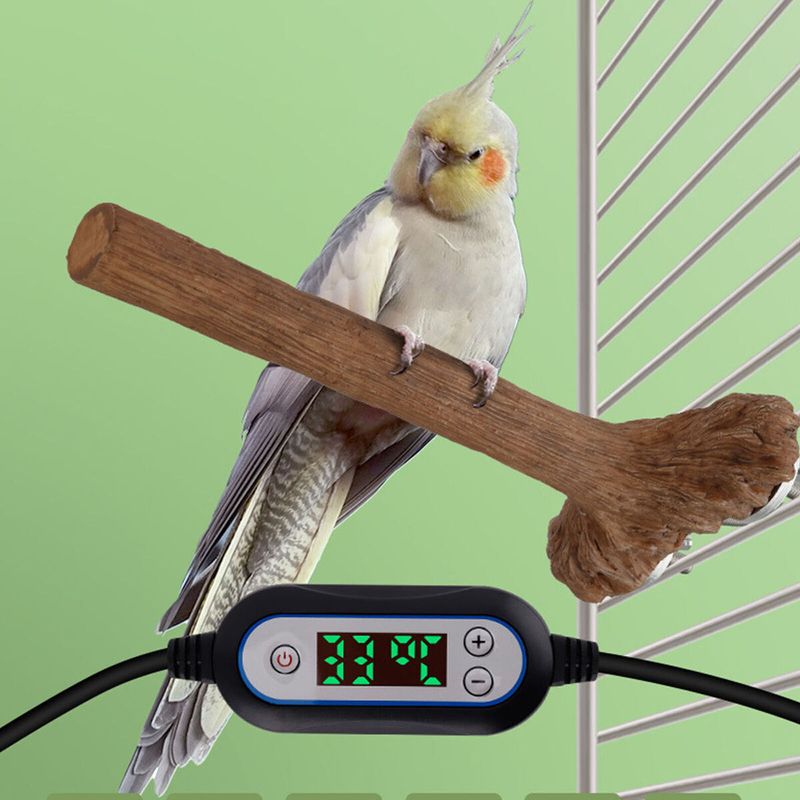
Birds are sensitive to temperature changes. Maintaining a stable climate is crucial for their comfort and health. Ensure the room is well-ventilated but free from drafts.
A thermostat can help regulate temperatures, keeping it within the ideal range for various bird species. Avoid sudden temperature fluctuations, which can stress and harm birds.
Proper temperature control contributes to a comfortable and thriving multi-bird household.
Regular Cleaning Routine
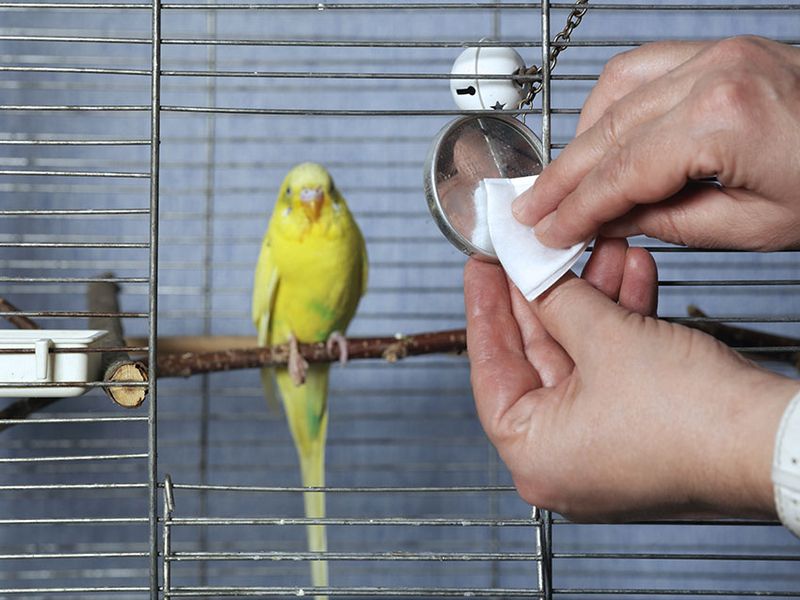
Maintaining cleanliness is vital in a multi-bird setting. A regular cleaning routine prevents the spread of diseases and ensures a healthy environment. Clean cages, perches, and feeding areas daily.
Fresh water should always be available, and food bowls washed regularly. Using bird-safe cleaning products is crucial to avoid harmful residues.
A clean environment supports the overall well-being of your birds, promoting a happy and vibrant household.
Proper Cage Placement
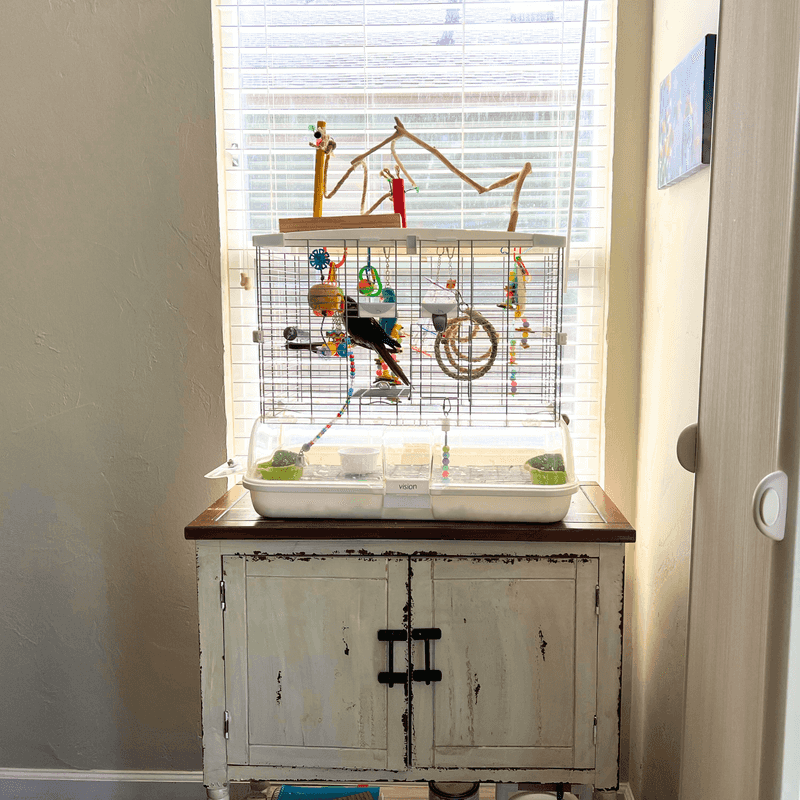
Cage placement impacts bird happiness. Position cages where they can receive natural light but avoid direct drafts. Allow them to see and interact with household activities without feeling overwhelmed.
Each species might prefer different proximity to human activity. Observing their behavior can guide optimal placement.
Proper placement ensures birds feel secure and included, contributing to a harmonious living environment.
Emergency Preparedness
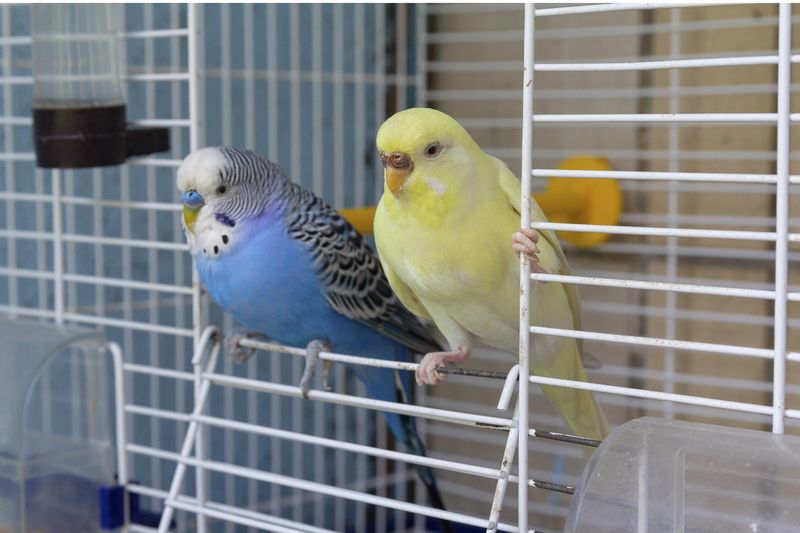
Emergencies can happen at any time. Being prepared is essential for your birds’ safety. Keep a first-aid kit stocked with avian supplies and have an evacuation plan ready.
Knowing the location of the nearest avian vet and having their contact information is crucial. Regular drills can prepare both you and your birds for an unexpected event.
Preparedness fosters peace of mind, ensuring your birds are protected in any situation.
Safe Interaction with Humans
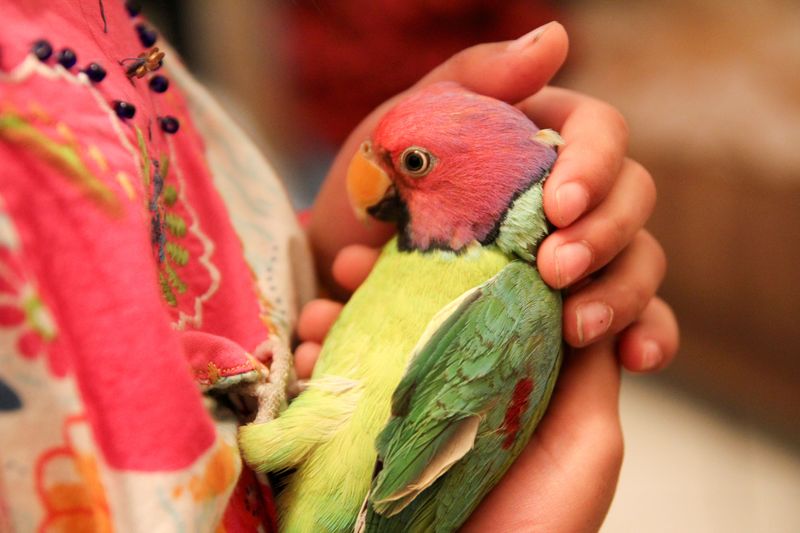
Birds in a multi-bird household need safe interaction with humans. Gentle handling and supervised playtime foster trust and prevent accidents. Educate family members on bird behavior and body language.
Encouraging positive experiences strengthens the bond between humans and birds. This enhances their social and emotional well-being.
Safe interaction creates a loving and secure environment for everyone involved.
Monitoring Behavior Changes
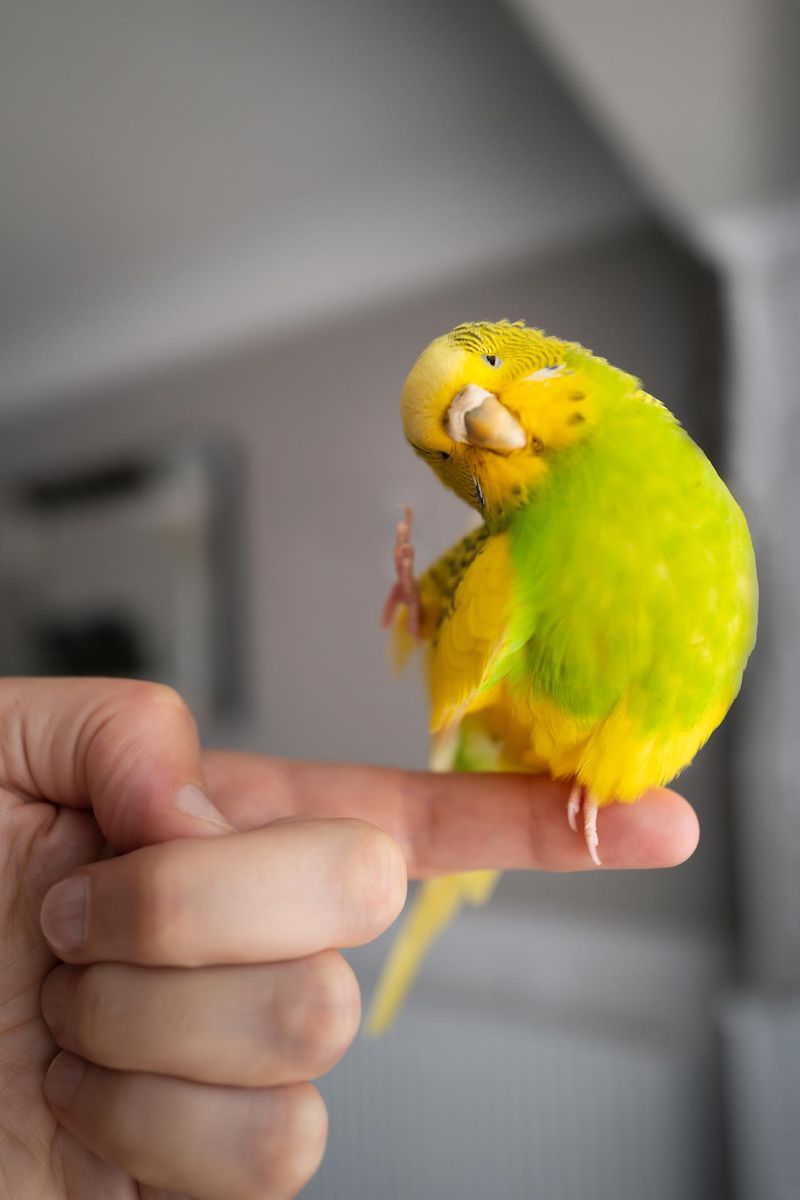
Behavior changes can indicate health or environmental issues. Regular observation of your birds’ interactions and habits can provide early warning signs.
Documenting unusual behavior patterns helps in consulting with a vet or adjusting care routines.
Being attentive to changes ensures timely action, promoting a healthy and happy multi-bird household.

